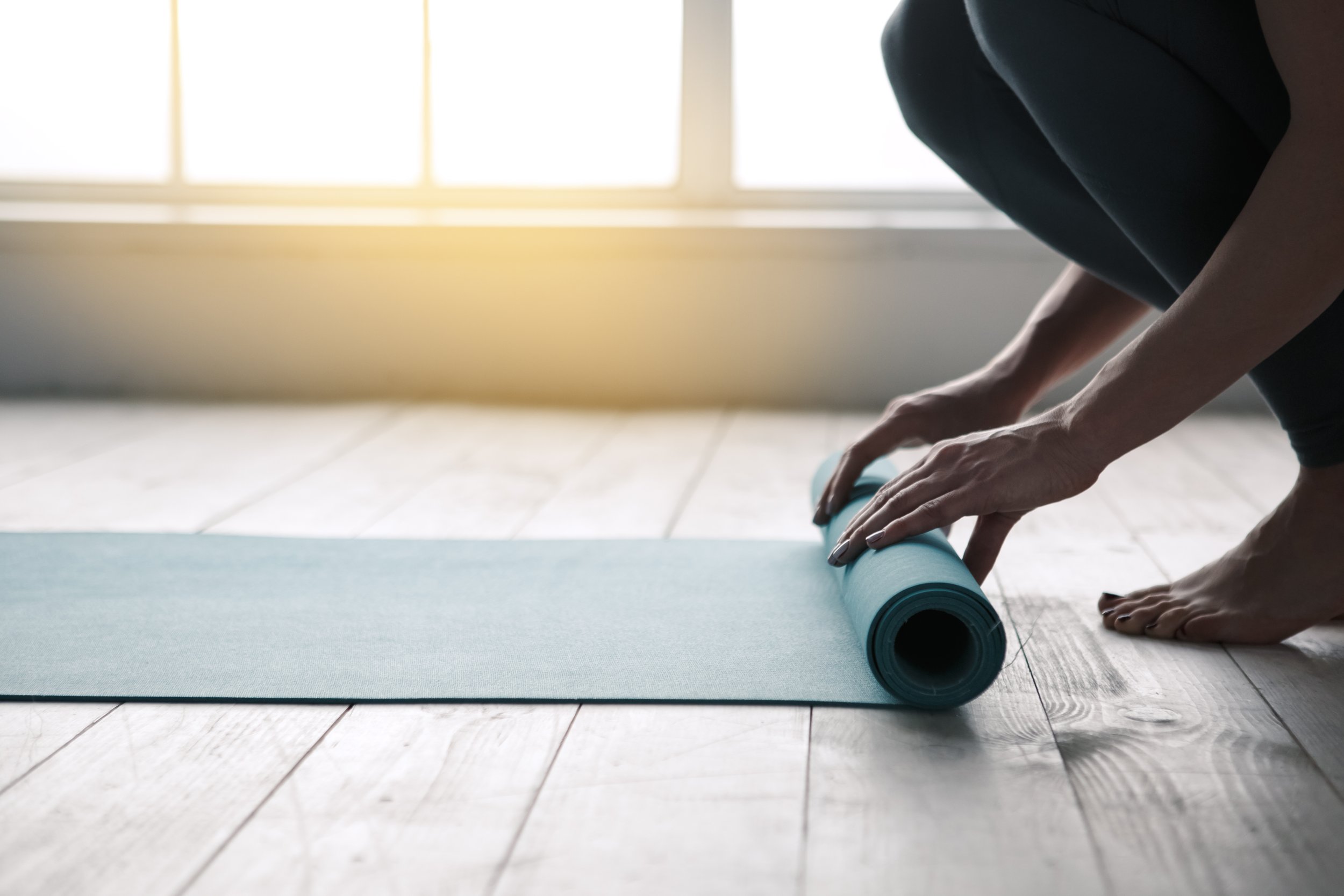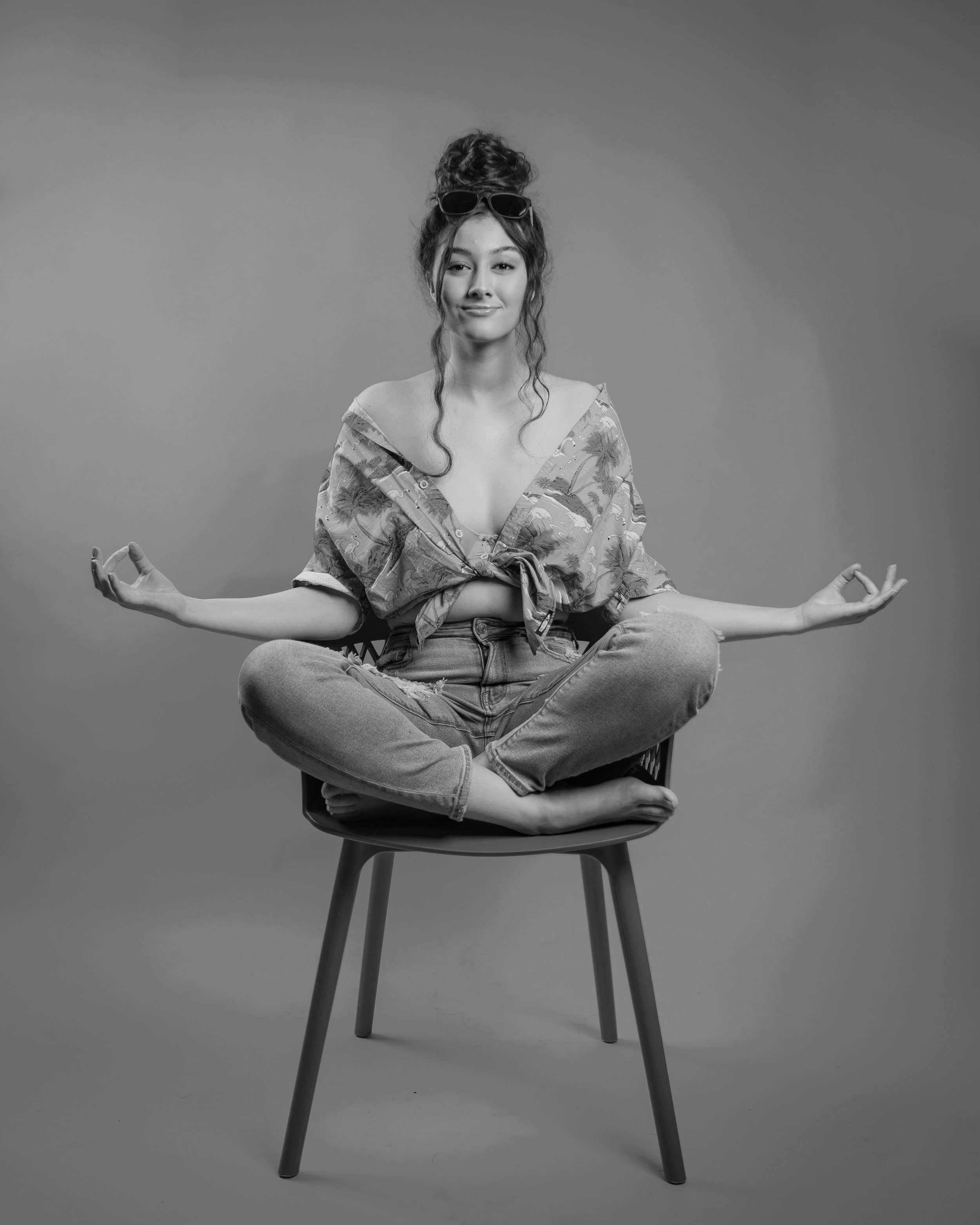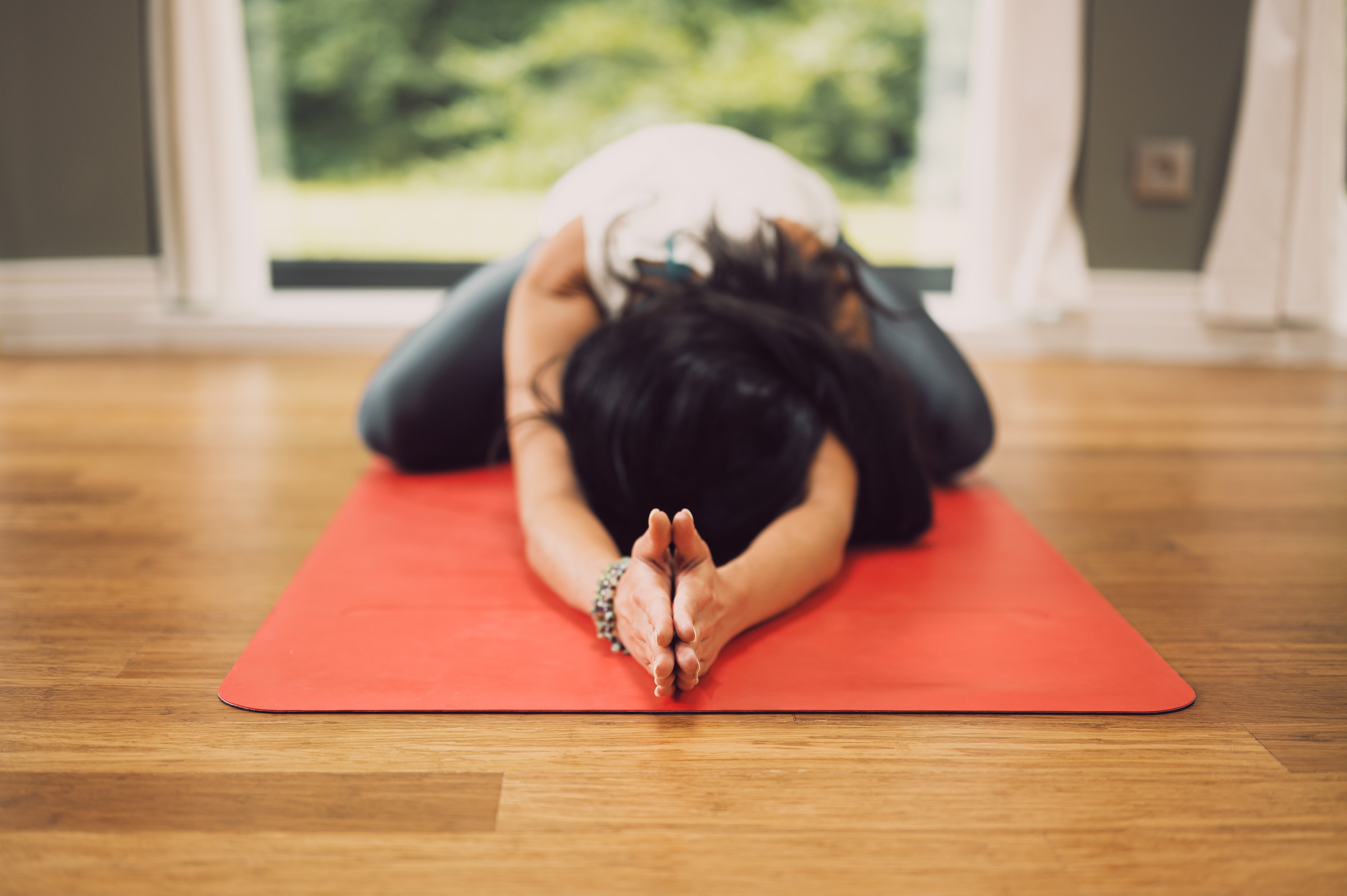
Trauma Sensitive Yoga
Trauma results from harmful experiences that impact our ability to cope and thrive. Trauma is deeply personal and individualized. What is traumatic for one person may not affect another in the same way. As trauma survivors, we may feel disconnected from our bodies. We may feel lost in our own homes and communities or alone and isolated, even around people we know and love. You may have the sense you are an imposter in your own life and in inhabiting your own body. You may experience intense emotions seemingly out of nowhere for reasons you cannot understand. You might be having a completely different experience or response to trauma, unique to you.
Through an individualized, holistic healing approach, recovery from trauma is possible. Trauma sensitive yoga helps empower you to reconnect with your body, mind, and spirit in a healthy way, supporting recovery from trauma through movement, present-moment experiences, and choice. Trauma Center-Trauma Sensitive Yoga (TCTSY) was developed by the Center for Trauma and Embodiment as an empirically validated, adjunctive clinical treatment for complex trauma or PTSD.
TCTSY is an evidence-based practice of movement and breathing informed by research and understanding of trauma, attachment theory, and neuroscience. It is available to people of all ages and is accessible to everyone, regardless of race, gender identity, sexual orientation, body type, or physical ability. Participants are invited to make choices throughout the practice based on their bodies, senses, movements, or preferences. Invitational cues and suggestions are offered for each person to explore choices in supporting their own experience.
$100 for 60 minutes
(A discounted sliding scale is available based on the ability to pay.)
meet yourself where you are and reclaim your body, mind and spirit.
Sessions are private, one-on-one, with a participant and facilitator only, either in person or online.
There are no physical assists, adjustments, or corrections.
There is no right or wrong way to practice trauma sensitive yoga. Any movements (or even not moving at all) are welcome at any time.
Facilitators offer options and participants are invited to notice sensations and make choices based on what they believe their own bodies need in the moment. Not noticing anything is acceptable and welcome as well.
The role of the facilitator is to be with the participant not to have authority over or instruct the participant.

Chair Yoga
In-person, one-on-one chair yoga provides a seated, low-impact flow for seniors, the physically impaired, or those recovering from illness or injury. Office-based chair yoga offers respite and restoration for busy workers sitting at their desks all day. Chair yoga helps improve mobility, builds strength, and increases flexibility. Consistent practice restores balance and stability, boosts energy, promotes healing, and reduces anxiety.
Restorative Yoga
Restorative yoga is a restful, nurturing practice that supports the body and mind in relaxing and letting go of tension and stress. Gentle stretching, breathing, and resting in comfortable shapes for long periods of time help calm the nervous system and soothe the body, mind, and soul. During restorative yoga sessions, optional props may be offered such as chairs, blankets, pillows, or bolsters for added support and comfort. This slow-paced, healing practice helps relieve aches and pains, aids in recovery from injury or illness and provides the opportunity to experience deep tranquility and a gentle softening to promote well-being.
Benefits include:
Provides space for mindfulness (being present in the moment), noticing the breath and sensations in the body
The opportunity to recharge - deep relaxation can increase energy and help you reset
Increases flexibility
Improves sleep
Supports recovery from illness or injury
Helps release tension and stress
Our private restorative yoga sessions are tailored to meet your individual needs. For example, if you are experiencing pain or recovering from an injury, sessions might be designed with a focus on those particular issues and parts of the body. If you are experiencing anxiety and stress, the flow of the session might involve more focus on relaxation and release.

